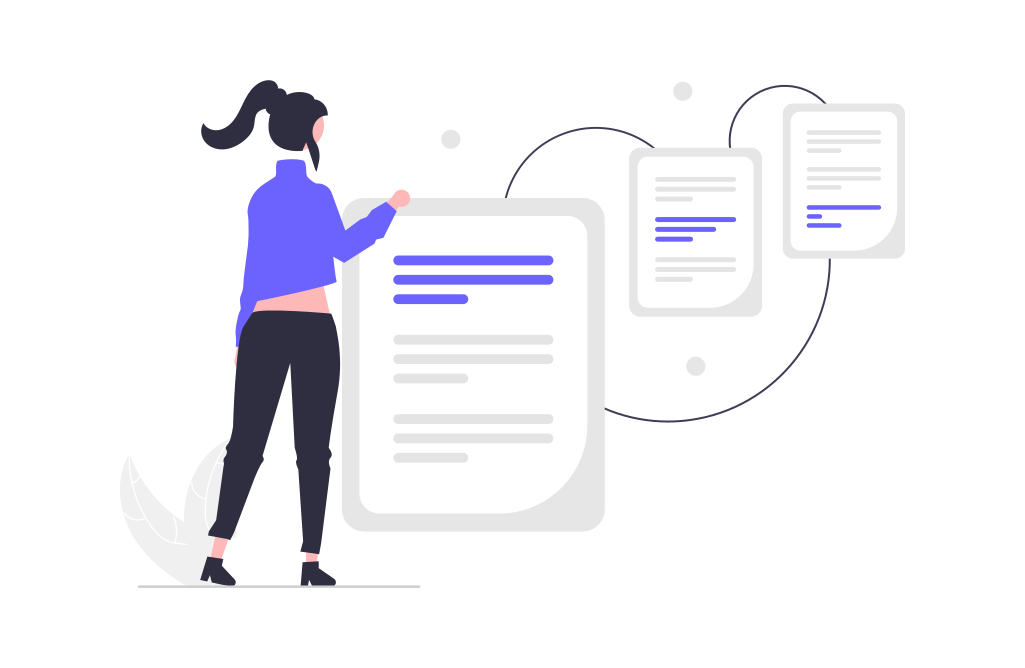Predictive analytics is revolutionizing marketing strategies by enabling businesses to anticipate customer behavior and optimize their campaigns. At the heart of this transformation is artificial intelligence (AI). This blog delves into how AI enhances predictive analytics, reshaping the landscape of modern marketing.
What is Predictive Analytics?
Predictive analytics involves using historical data, statistical algorithms, and machine learning techniques to identify the likelihood of future outcomes based on past data. In marketing, it helps in understanding consumer patterns, forecasting trends, and making informed decisions.
AI's Role in Predictive Analytics
Enhanced Data Processing
AI significantly improves the speed and accuracy of data processing. By analyzing vast amounts of data from various sources, AI algorithms can quickly identify patterns and correlations that humans might miss. This capability is crucial for generating reliable predictive insights.
Machine Learning Models
Machine learning, a subset of AI, is integral to predictive analytics. These models learn from data, continuously improving their predictions as they are exposed to more information. This adaptability makes AI-driven predictive analytics highly effective in dynamic marketing environments.
Applications of AI in Predictive Marketing
Customer Segmentation
AI-driven predictive analytics can categorize customers into distinct segments based on behavior, preferences, and demographics. This segmentation allows for more targeted marketing efforts, increasing the relevance and impact of campaigns.
Sales Forecasting
AI enhances sales forecasting by providing more accurate predictions of future sales trends. By analyzing past sales data and external factors, AI models can forecast demand, helping businesses plan their inventory and marketing strategies more effectively.
Churn Prediction
Predicting customer churn is vital for retaining valuable customers. AI algorithms can analyze behavioral data to identify signs of potential churn, enabling businesses to take proactive measures to retain customers before they leave.
Benefits of AI-Enhanced Predictive Analytics
Improved Decision-Making
AI-driven predictive analytics provides marketers with actionable insights, facilitating better decision-making. By understanding future trends and customer behavior, businesses can tailor their strategies to meet market demands more effectively.
Increased ROI
Targeted marketing efforts, informed by predictive analytics, lead to higher conversion rates and better customer retention. This precision in marketing not only improves engagement but also maximizes return on investment (ROI).
Competitive Advantage
Businesses that leverage AI for predictive analytics gain a competitive edge by staying ahead of market trends and customer expectations. This foresight allows them to innovate and adapt faster than competitors.
Challenges and Considerations
Data Quality
The accuracy of predictive analytics depends heavily on the quality of data. Ensuring that data is clean, relevant, and up-to-date is crucial for reliable predictions. Businesses must invest in robust data management practices to maintain high-quality datasets.
Ethical Concerns
AI and predictive analytics raise ethical concerns, particularly regarding data privacy and bias. Businesses must ensure that their AI models are transparent and that they handle customer data ethically and in compliance with regulations.
Future Prospects
Integration with Other Technologies
The future of predictive analytics in marketing lies in its integration with other technologies like the Internet of Things (IoT) and blockchain. These integrations will provide even richer data sources and more secure data management, further enhancing predictive capabilities.
Advancements in AI
As AI technology continues to evolve, its applications in predictive analytics will become more sophisticated. Future advancements will likely include more intuitive user interfaces, greater automation, and even more precise predictive models.
Conclusion
AI is transforming predictive analytics in marketing, offering unparalleled insights and capabilities. By harnessing the power of AI, businesses can anticipate customer needs, optimize their strategies, and stay ahead of the competition. As technology continues to advance, the role of AI in predictive analytics will only grow, promising even greater innovations in marketing.


